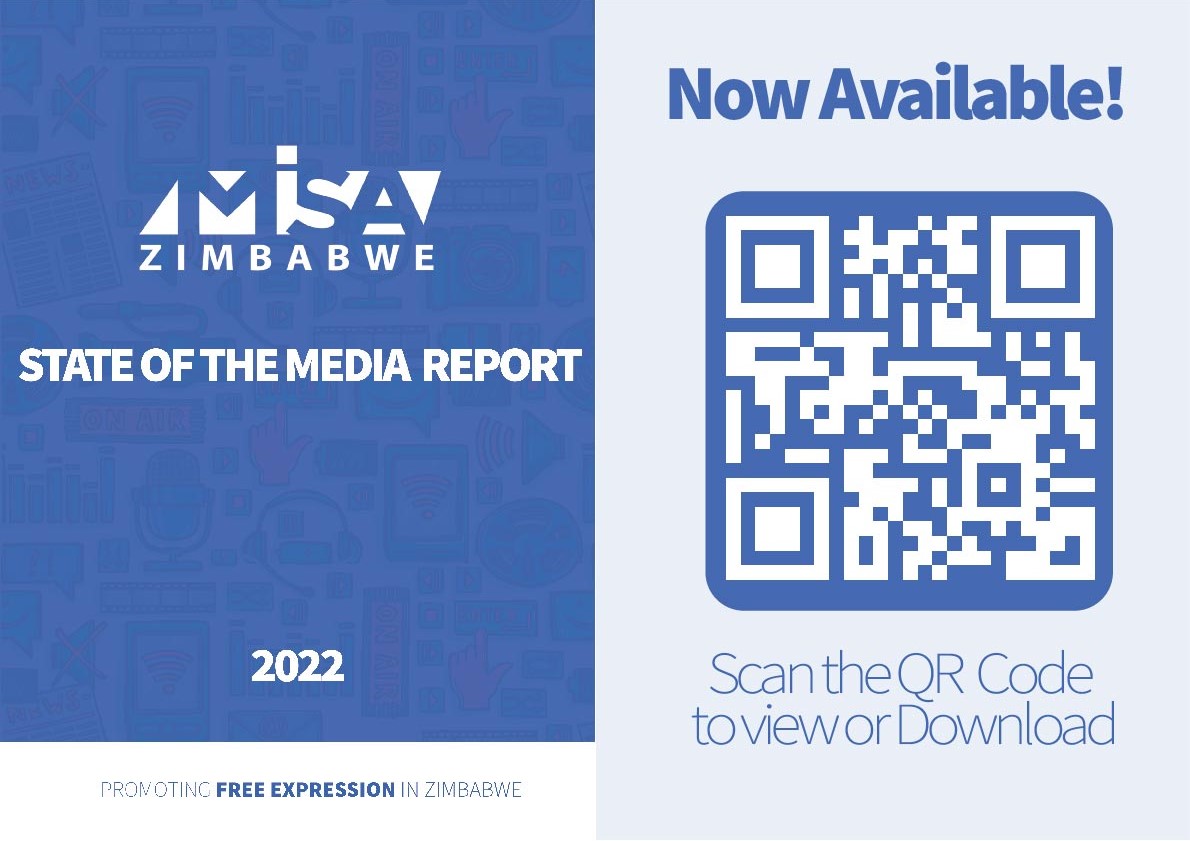Introduction
As the year under review drew to a close, Zimbabwe hosted the belated commemorations of the International Day to End Impunity for Crimes Against Journalists in the resort town of Victoria Falls on 11 -12 November 2022.
The event, which coincided with the 10th Anniversary of the UN Plan of Action on the Safety of Journalists and the Issue of Impunity, was jointly organised by UNESCO, the Government of Zimbabwe (Ministry of Information), MISA, Media Monitors, and the International Media Support (IMS).
MISA Regional Governing Council member Father Dr Barnabas Simatende, who is also the Chairperson of MISA Zambia, noted that the 10th anniversary of the UN Plan of Action on the Safety of Journalists and the Issue of Impunity, came at a time when Africa is witnessing an escalation in attacks against journalists.
“Governments ought to go beyond lip service in committing to protecting journalists, but instead should come up with punitive measures for those that perpetrate attacks on media workers,” said Father Simatende.
In a related development, the Committee to Protect Journalists (CPJ) reported that four journalists had been killed while at least 56 were imprisoned in Africa in connection with their work as of 1 December 2022.
The journalists were killed in Chad (2) and Somalia (2).
While Zimbabwe is commendably not among the African countries with jailed journalists, the country witnessed an upsurge in the number of cases involving the assaults of journalists at political gatherings/rallies, with some sustaining injuries for which they sought medical treatment.
These violations at political rallies or gatherings are of concern given that such cases tend to increase during an election year, of which Zimbabwe will have its general elections in 2023.
Speaking during the commemorations in Victoria Falls, Minister of Information, Publicity and Broadcasting Services, Senator Monica Mutsvangwa said the Zimbabwean government was committed to providing a safe operating media environment to enable media practitioners to conduct their duties freely.
“I categorically say impunity on crimes against journalists is unacceptable as it seeks to silence voices that keep our society in check,” she said.
This makes a strong case for the domestication of the UN Plan of Action into national legislative frameworks to legislate for crimes against journalists. This will go a long way in reducing and curbing crimes that continue to be committed with impunity against journalists because of the risk of prosecution for criminal acts against media practitioners.











